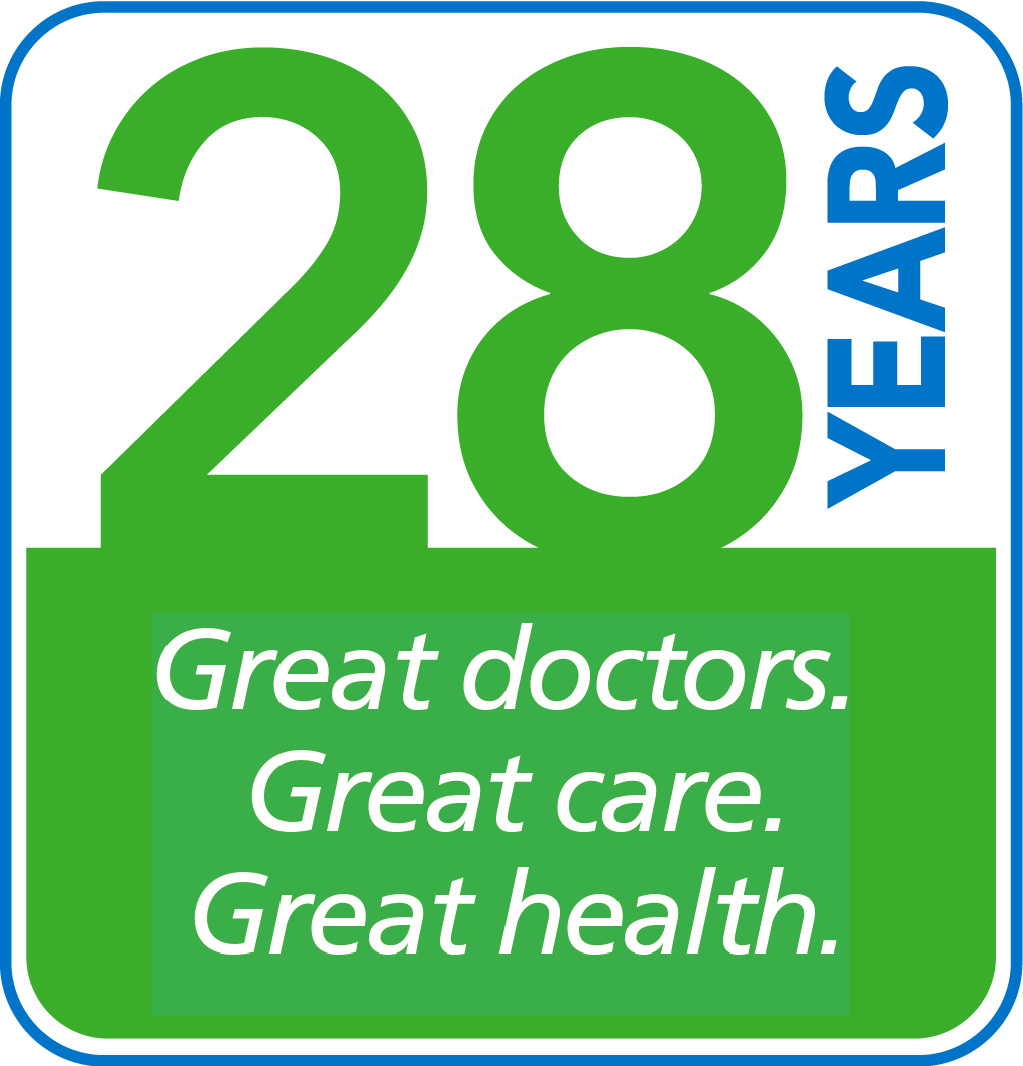Small Doses of Nature Can Lead to Big Health Benefits

Many people believe that being outdoors in nature is good for them, and research backs that up. But what “dosage” of nature is needed for good health?
Two recent studies show that just ten minutes of exposure to nature, two to three times per week, provides real health benefits. And you don’t have to visit the wilderness to get the good effects; short nature “time-outs” can happen in small, urban green spaces or even your backyard.
The studies were conducted by Mary Carol Hunter at the University of Michigan and Marc Berman of the University of Chicago. The studies are part of a larger body of research supported by the TKF Foundation, which funds projects across the country integrating the design of urban green spaces with research on user benefits. TKF has funded the creation of more than 130 publicly accessible, urban green spaces, and seeks to prove that green spaces provide health benefits through contemplation and restoration, with the goal of influencing city planning and design.
Hunter’s study had subjects immerse themselves in nature and answer questions before and after about their mental well-being on a mobile app. The digital entries were correlated with participants’ cortisol levels in saliva, an indicator of stress. After being exposed to nature for just ten minutes, two to three times a week, participants reported having significantly less stress, improved ability to focus, and increased satisfaction with their mood and energy levels. Also, benefits were greater in residential landscapes or small parks.
In Berman’s study, subjects were asked to take a 2.5 mile, 50-minute walk through either a dense urban environment or an arboretum. Afterward, they were given memory tests to measure their ability to concentrate or focus. Those who walked through the arboretum had a 20 percent improvement in working memory over the other group.
The two researchers are still working to answer questions such as how senses other than sight might influence health benefits, and which features of nature create a sense of well-being and improve one’s ability to concentrate. However, their studies make a strong case that exposure to nature, even in small doses and in urban settings, makes you feel better. And that’s an important part of good health.
 Dr. Ashbeck is an MPCP partner and sees patients in the Pasadena office. Certified by the American Board of Family Medicine, he received his medical degree from Georgetown University School of Medicine and completed his residency program in Family Practice at Memorial Medical Center.
Dr. Ashbeck is an MPCP partner and sees patients in the Pasadena office. Certified by the American Board of Family Medicine, he received his medical degree from Georgetown University School of Medicine and completed his residency program in Family Practice at Memorial Medical Center.
Recommended Posts
Hop on a Bike to Get Fit, Lose Weight
By José Zarzuela, M.D.
Gardening as Exercise
By Ross,



